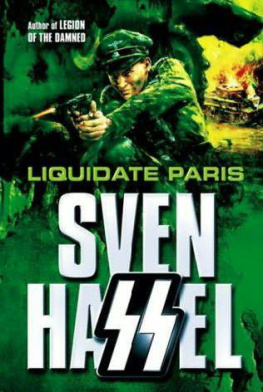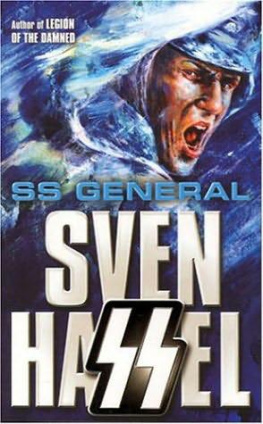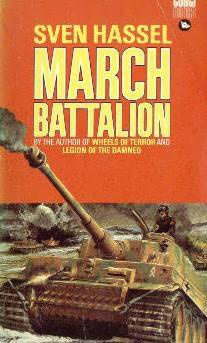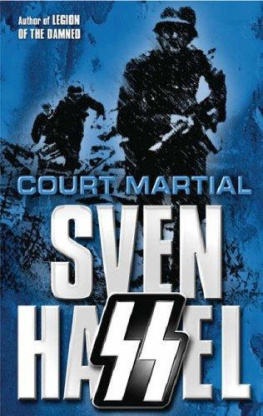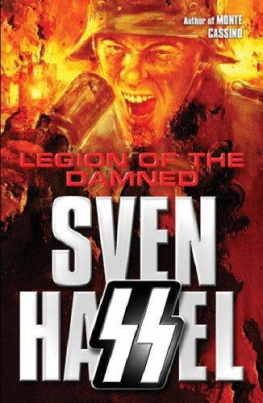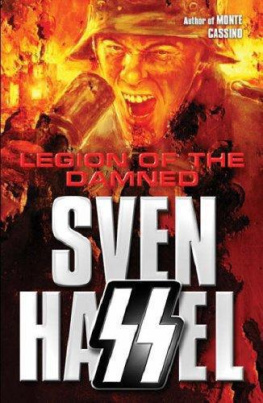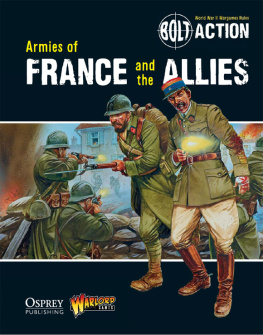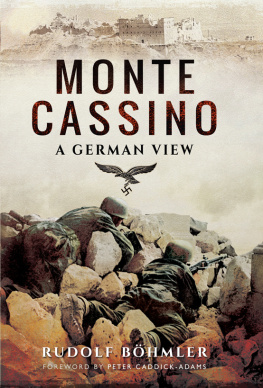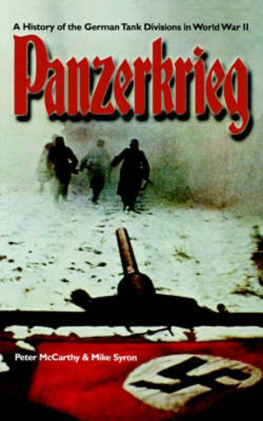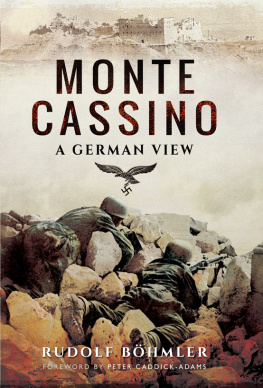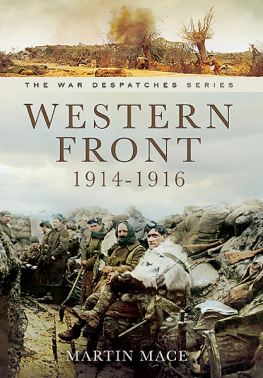[Liberation of France, 60th anniversary editionpresented by the Consortium.]
Also by Sven Hassel
WHEELS OF TERRORTHE LEGION OF THE DAMNEDCOMRADES OF WARMONTE CASSINOMARCH BATTALIONASSIGNMENT GESTAPOSS GENERALREIGN OF HELLBLITZFREEZETHE BLOODY ROAD TO DEATHCOURT MARTIALand published by Corgi Books.
Sven Hassel
Liquidate Paris
Translated from the French by JEAN URE
CORGI BOOKS
A DIVISION OF TRANSWORLD PUBLISHERS LTD
LIQUIDATE PARIS
A CORGI BOOK o 55a 11414 6
First Publication is Great Britain
PRINTING HISTORY
Corgi edition published 1971Corgi edition reprinted 1971 (twice)Corgi edition reprinted 1973Corgi edition reprinted 1973 (twice)Corgi edition reprinted 1974Corgi edition reprinted 1975Corgi edition reprinted 1976Corgi edition reprinted 1977 (twice)Corgi edition reprinted 1978Corgi edition reprinted 1979Corgi edition reissued 1980Copyright (c) Sven Hassel 1971
Translation copyright (c) Transworld Publishers Ltd.,
This book is set in Baskerville 10/10 1/2 pt.
Corgi Books are published by Transworld Publishers, Ltd,Century House, 61-63 Uxbridge Road, Ealing, London W5 5SA
Made and printed in Great Britain by
Richard Clay (The Chaucer Press), Ltd., Bungay, Suffolk.
EDITORS NOTE
The character who in this book is called Little John hasappeared in other novels by Sven Hassel under the name Tiny.
[*Pages 82, 83 missing*]
CHAPTER ONE
I wonder, said Little John, shading his eyes with his hand as hestared out to the horizon, if you could reach England by swimmingthere?
Probably, said the Legionnaire, sounding bored.
If you were a fish, added the Old Man.
And had a supply of food to keep you going
Mind you, it would take some hell of a time.
Hm.
Little John stared out across the sea again, frowning andscratching the top of his head.
It has been done? he said at last.
Sure, but not from here. They dont set out from here.
Where would you arrive if you set out from here? insisted LittleJohn, who was nothing if not downright dogged when once he hadembarked upon a subject.
The Legionnaire hunched a shoulder.
Buggered if I know Dover, perhaps.
Crap, said Heide. This is in a straight line with Brighton.Nowhere near Dover.
How far do you reckon it is, then?
Little John again.
Mm thirty kilometres. Eighty kilometres. A hell of a way,at all events.
Why dont we try it?
The Old Man smiled.
Because youd drown before you were even half-way there.
You want to take a bet?
Why not? Its practically a certainty!
Of course, murmured Barcelona, there is always another point.If you missed your way, which you very likely would, because one bitof sea looks exactly the same as any other bit of sea, theres noknowing where you might end up. You could be lucky enough to bumpinto the coast of Ireland, but if you floated past that youd have tocarry on all the way to Greenland.
Id take a chance, said Little John. Id sooner swim about theperishing ocean for the rest of my life than carry on fighting inthis bleeding war.
Absurdly enough, we actually began training for it. Each day weswam a bit further than the previous day, always pushing ourselves tothe limits of our endurance, the rule being that the weakest mustkeep up with the strongest. I personally gave up the idea of swimmingto Greenland on the day I nearly drowned with cramp. If it hadntbeen for Gregor, the war would have been over as far as I wasconcerned. But one or two of the others pressed on with the trainingprogramme. They came back at midnight after their last excursion, allof them completely knackered but exultantly declaring that they hadseen the coast of England on the horizon.
Another couple of weeks, declared Little John, and I reckonwell be able to make it.
They never had the chance. For some reason unknown to us thelook-outs were doubled all along the coast, and before Little Johnand his team of aspiring Channel swimmers had found the means toevade them, history had put a stop to their ambitions in the shape ofthe Normandy landings. War had once again intervened.
NO QUARTER GIVEN IN SECTION NINETY-ONE
They were hurling grenades into our midst. The blockhouse hadalready received a direct hit and was leaning drunkenly at an angle,one side dug deep into the sand, the other rearing skywards. The roofsagged in the middle.
For my money, grenades are even more fiendish than bombs. Theyplay more cruelly on the nerves. The noise they make is infernal, andthey tend to fall where least expected. At least with a bomb youstand a chance of calculating its probable landing point.
Another explosion. The blockhouse had received its second directhit. This time the roof finally collapsed. A shower of earth and sandrained about our ears, slabs of concrete crashed about us, all thelights were abruptly extinguished. Those of us that could, got out.Major Hinka was thrown out, bodily, head-first, and landed with athump on a pile of debris. Cautiously he picked himself up. There wasblood on his face, his uniform was in shreds, the stump of his rightarm poked grotesquely through a rip in his sleeve. It was two yearsago he had lost that arm. The stump had never yet healed properly.
A squealing horde of rats came bounding out from the ruins of theshattered blockhouse. One, in a panic, made a dart at the Major. Itclung to his chest, rolling back its ugly mouth and revealing a rowof sharp yellow teeth. With the back of his hand Little John sent thebrute flying, and the minute it hit the earth it was seized upon byits companions and torn to ribbons.
From afar, the Marines artillery were firing non-stop upon us,slowly demolishing the stout concrete walls upon which we had reliedfor our protection. The newly-embarked infantry troops were advancingupon us, and we repulsed them as best we could with volleys ofhand-grenades. Little John carelessly dangled a grenade as he helpedpull a survivor from the wreckage of the blockhouse. I watched him ina state of suspended horror: the pin was half pulled out and he gaveno signs of having noticed. But Little John knew what he was doingwhere hand-grenades were concerned. He and I were, so to speak, thechampions of the section. Little John threw them from a distance of118 metres; I from 110. So far, no one had been able to better ourperformances.
Meanwhile, the fun continued. It had already lasted for severalhours and we were growing quite bored by it. It was rather likesitting inside an enormous drum beaten by a million maniacs. After atime your senses became blunted and you accepted it as merebackground noise.
Porta suggested a game of pontoon, but who could concentrate oncards? Our nerves were stretched taut, our ears cocked for the leastchange in the quality of sound of the inferno that raged all aboutus. It was childs play at the moment, compared with what was surelyto come. Sooner or later, they would launch a full-scale attack; movein for the kill. God grant they wouldnt use flame-throwers! Weshould be lost if they did, and we knew they neither gave norexpected any quarter. They themselves had taken care to inform usthat surrender was our only possible course, as they otherwiseintended to fight until our last man had been wiped out. Propaganda,of course. We put out the same sort of rubbish ourselves. When itcame to the point, flame-throwers or no, we should fight until wedropped, with our backs to the wall, with no thoughts of surrender inour well-drilled mind.
Next page
